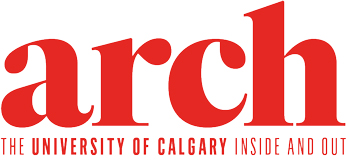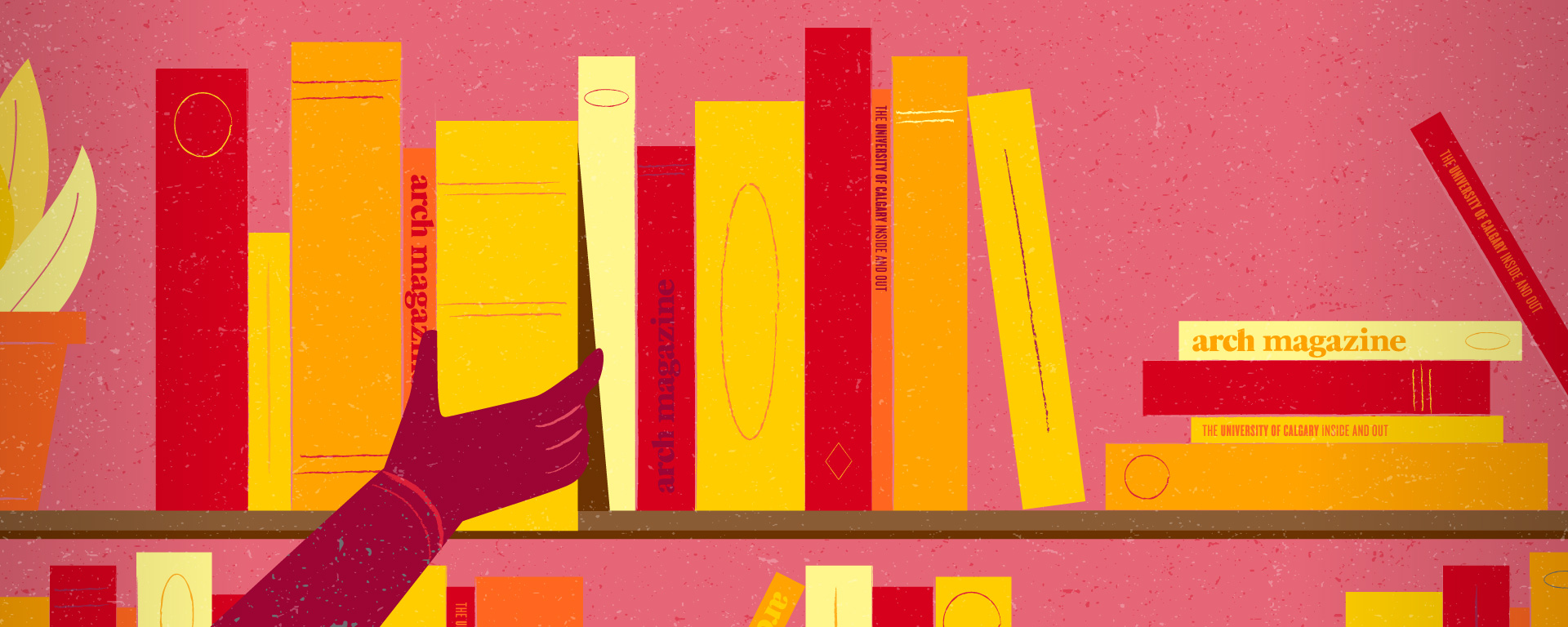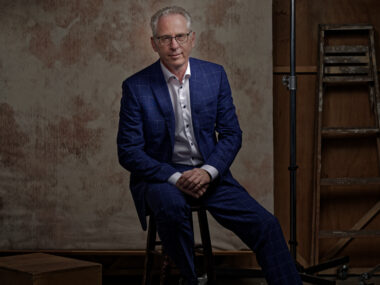Compiled by Hong Truong
Not every book leaves a lasting impression. According to the late English philosopher, Sir Francis Bacon, “Some books should be tasted, some devoured, but only a few should be chewed and digested thoroughly.” For these reading-inclined students, faculty and staff, the following books found a permanent home on their bookshelves and may flip the switch on your way of thinking.
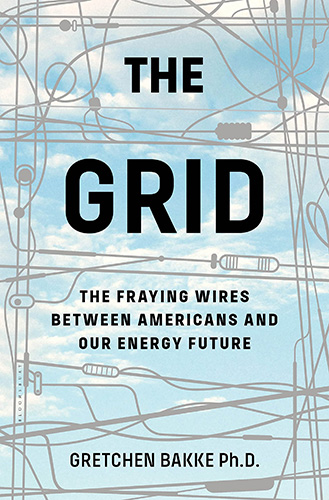
The Grid: Electrical Infrastructure for a New Era by Gretchen Bakke
“The Grid helped change my way of thinking about the role of the interactions between people and technology in shaping our infrastructure and energy systems, as well as the importance of historical decisions and how they can shape and constrain choices even many decades later.”
Dr. Sara Hastings-Simon, PhD, assistant professor, department of Physics and Astronomy and School of Public Policy; director of the Master of Science Sustainable Energy Development Program
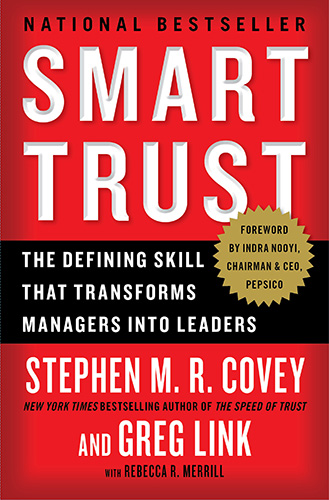
Smart Trust by Stephen M. R. Covey and Greg Link
“In this time of Trumpism, strong-arm leadership, bullying tactics, lack of accountability and the rise of autocracy, this book’s many examples of generous, caring, sharing and engaged leaders restored my faith in humankind and how leadership can make us better or worse as societies. It reminded me that the best leaders put people first and at the centre of decisions with transparent accountability. It reminded me that trust should be won by demonstrations of good character and accountability, and the alternative is fear won by demonstrations of selfishness and even violence.”
Dr. Nicole Letourneau, PhD, professor, Faculty of Nursing; research professor, departments of Pediatrics, Psychiatry and Community Health Sciences, Cumming School of Medicine; research professor, Alberta Children’s Hospital Research Institute and Owerko Centre
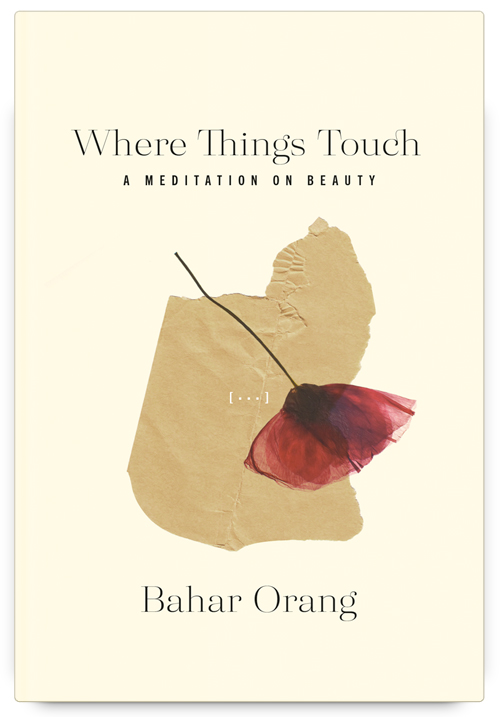
Where Things Touch: A Meditation on Beauty by Bahar Orang
“This triumph of a debut dissolved everything I thought I knew about prose poetry. What a gift! Orang weaves a deep intimacy through this truly gorgeous lyric essay, illustrating how the grip of canonical whiteness on theory and poetics limits queer and racialized lives in ways I’ve always struggled to describe. Orang also invokes some of my personal favourites in seamless ways I’ve never considered: Forugh Farrokhzad, Ana Mendieta and many more. I return to this text often and look forward to Orang’s next work with deep admiration.”
Leah Horlick, 2022-23 Canadian Writer-in-Residence, UCalgary’s Calgary Distinguished Writers Program
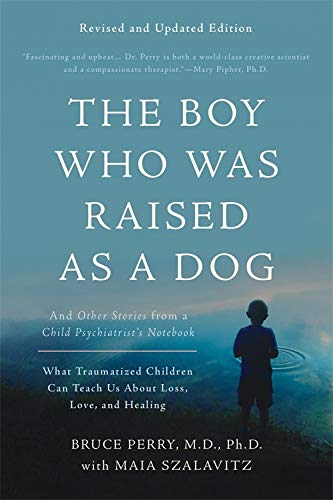
The Boy Who Was Raised as a Dog and Other Stories from a Child Psychiatrist’s Notebook: What Traumatized Children Can Teach Us About Loss, Love, and Healing by Bruce D. Perry & Maia Szalavitz
“This book provides vivid examples of children who have experienced trauma and what it takes to help them. Trauma operates strangely on people and it’s easy for rush judgements to be wrong and counterproductive. The messages also hold for youth and adults . . . when you encounter unusual behaviour in adults, keep an eye out for trauma or stress underlying these acts.”
Dr. John Brosz, BSc’03, MSc’05, PhD’11, co-ordinator of research data and visualization, Libraries and Cultural Resources
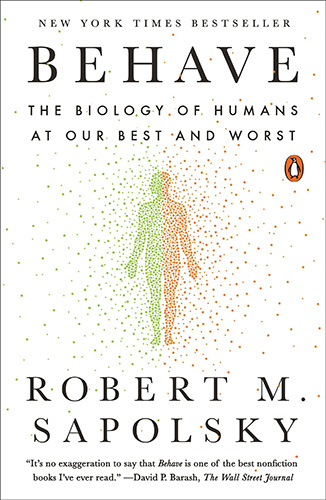
Behave: The Biology of Humans at Our Best and Worst by Robert M. Sapolsky
“I heard Robert Sapolsky speak at the 2019 AAAS (American Association for the Advancement of Science ) conference in Washington, D.C. He explained how an American helicopter pilot prevented the massacre of 400 unarmed Vietnamese civilians in 1968. He landed his chopper and pointed his machine guns at his fellow Americans. It shocked them into questioning their orders. That very day, I bought what is now a well-thumbed copy of Behave. Sapolsky knows so much about human (and primate) neurobiology that reading him is like talking with God. He even explains why scratching helps relieve an itch. His ideas taught me to always question accepted wisdom and to dig deeper into why humans are both extremely good and horribly evil.”
Dr. Thomas P. Keenan, EdD, professor in the School of Architecture, Planning and Landscape; adjunct professor, Department of Computer Science; research fellow, Centre for Military, Security and Strategic Studies
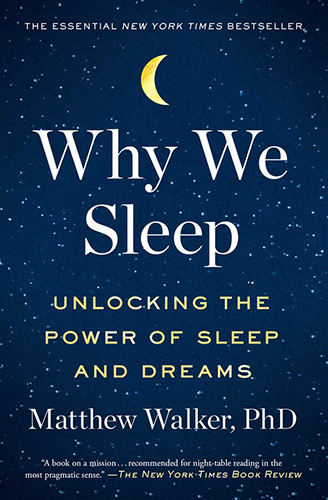
Why We Sleep: Unlocking the Power of Sleep and Dreams by Matthew Walker
“In this book, the director of UC Berkeley’s Sleep and Neuroimaging Lab explores the connection between sleep and the cognitive, health and business consequences of compromising the quality and quantity of our sleep. As a student, this book changed my perspective on the importance of getting enough sleep to support my academics. I now better understand how sleep makes us healthier, safer, smarter and more productive day-to-day.”
Nicole Schmidt, president, UCalgary Students’ Union, undergraduate student, Political Science and International Relations, Faculty of Arts
